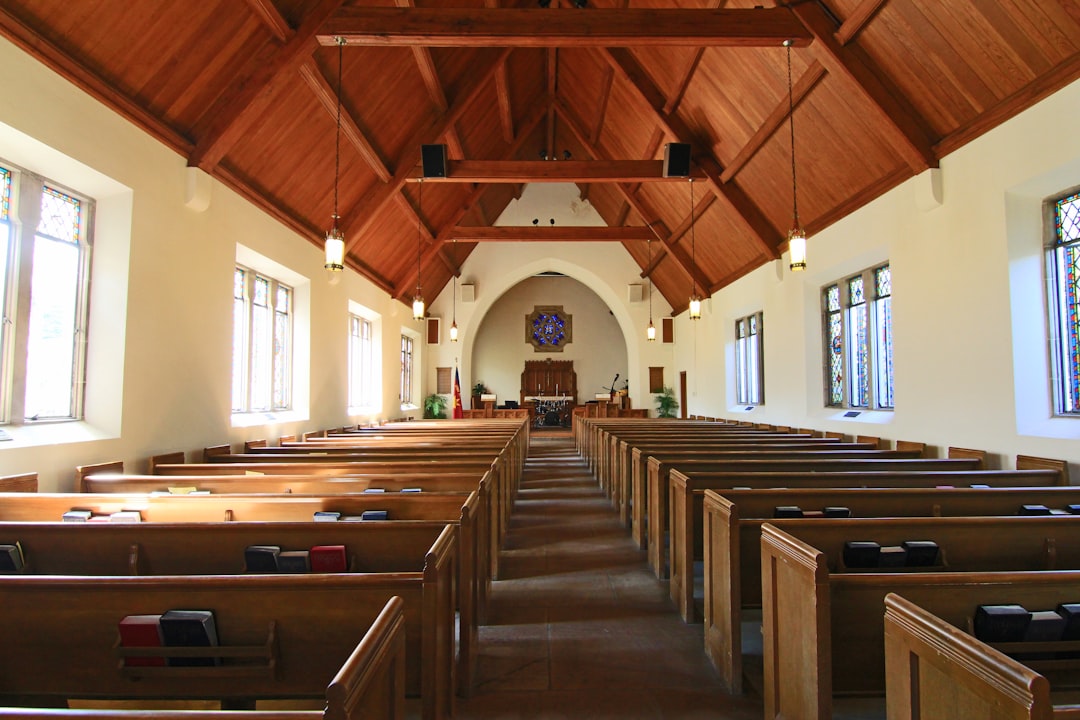Clergy abuse trauma is a pervasive issue in Arkansas, often kept hidden due to power imbalances within religious communities. Survivors face anxiety, depression, and PTSD but can find support through specialized clergy abuse lawyers who assist with legal challenges while counseling services aid recovery. The state offers resources like supportive communities and tailored therapy, empowering victims to come forward and pursue justice alongside their healing journey.
In Arkansas, addressing clergy abuse trauma is a critical step towards healing and justice. This comprehensive article delves into the complex issue of sexual or emotional misconduct by religious leaders, known as clergy abuse. We explore the unique challenges survivors face, highlighting the importance of recognition and support. Furthermore, we navigate the legal landscape, guiding victims through their rights and available resources. Finally, we introduce Arkansas-based clergy abuse lawyers who specialize in these cases, emphasizing their role in seeking justice and facilitating healing for affected individuals.
Understanding Clergy Abuse Trauma: Recognizing and Supporting Survivors in Arkansas

Clergy abuse trauma is a sensitive and complex issue that often goes unreported due to the trust and power dynamic between religious leaders and their followers. Survivors of such abuse may experience a range of emotional, psychological, and physical symptoms, including anxiety, depression, flashbacks, and even post-traumatic stress disorder (PTSD). Recognizing these signs and providing adequate support is crucial for the healing process. In Arkansas, where clergy abuse lawyers play a vital role, there are resources available to help survivors navigate legal and emotional challenges.
Supportive communities and counseling services tailored for trauma victims can significantly enhance their ability to seek justice and begin the journey towards healing. Arkansas has seen efforts to raise awareness about clergy abuse and its effects, ensuring that survivors know they are not alone. These initiatives include educational programs, support groups, and legal aid aimed at empowering individuals who have suffered such trauma to come forward and pursue justice under the law.
The Legal Aspects of Clergy Abuse Cases: Rights and Resources for Victims

When a victim comes forward with claims of clergy abuse, understanding their legal rights and available resources is paramount to ensuring justice and healing. In Arkansas, victims of sexual or emotional abuse committed by religious figures have specific legal protections in place. The state recognizes the sensitivity of these cases and has established guidelines to protect both survivors and those accused.
Victims can seek assistance from specialized clergy abuse lawyers in Arkansas who understand the unique challenges these cases present. These attorneys can provide guidance on civil litigation options, helping victims navigate the legal system and pursue compensation for their suffering. Supportive services, counseling, and access to therapy are also crucial components of recovery for those who have experienced such trauma.
Finding Expert Support: Arkansas-Based Clergy Abuse Lawyers and Their Role in Justice and Healing

When facing the aftermath of clergy abuse, individuals often require specialized legal support tailored to their unique circumstances. In Arkansas, a growing number of clergy abuse lawyers are dedicated to assisting victims navigate complex legal paths toward justice and healing. These experts possess an in-depth understanding of not only the legal system but also the emotional and psychological toll such traumas can inflict.
Arkansas-based clergy abuse lawyers play a pivotal role in empowering survivors, offering them the means to hold perpetrators accountable and secure much-needed redress. Their expertise lies in interpreting intricate legal frameworks related to religious institutions, ensuring that victims’ rights are protected and that they receive the support they deserve during what can be an arduous process. These lawyers provide a crucial safety net, enabling individuals to focus on their recovery while pursuing justice for the harm they’ve endured.






